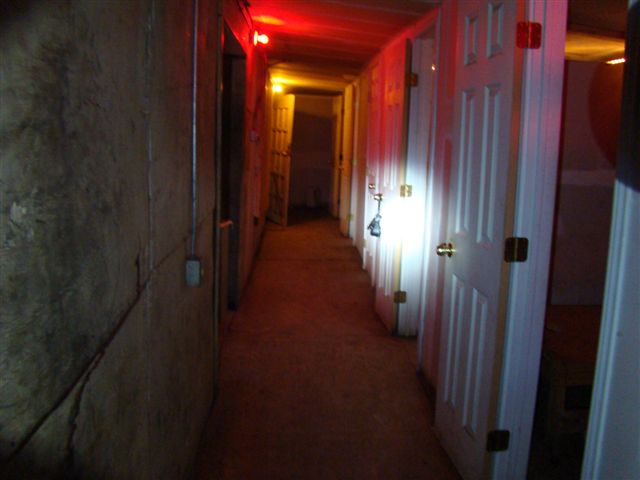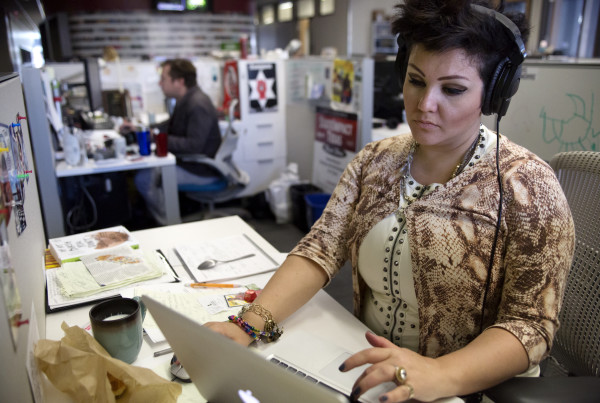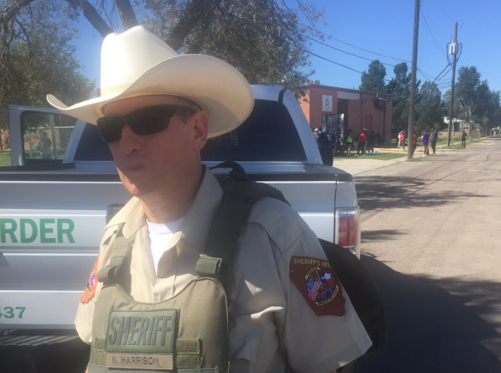For a while, we’ve known that human trafficking is a big problem in Texas. But a new study from D.C. advocacy group called the Polaris Project looked at nearly a decade’s worth of data and found that much of human trafficking in Texas operates in illicit bars and cantinas.
My Lo Cook, director of Polaris’ efforts in Mexico, says the cases in Houston center around cantinas, which researchers see as common venues for human trafficking in Southern California as well. Houston has more cases than other cities, Cook says, in part because local officials and organizations make the effort to link cases together and prosecute them.
“The sex trafficking that happens in cantinas is insidious, invisible and somewhat normalized,” Cook says. “There’s a misconception in thinking that sex trafficking only happens in specific venues.”
The data Polaris has collected through the National Human Trafficking Resource Center shows sex trafficking happens in cantinas, residential brothels and hotels, even mobile units where women are moved from client to client. Many women are recruited in their home countries, like Mexico.
“They’re often romanced and believe that they’re following their romantic partner to the U.S. for a better life,” she says. “Some of them are lied to and promised a job as a waitress … and when they arrive here they realize the situation is different. What we’re seeing through our data is that’s there is some connection, some intersection with organized crime.”
Polaris has identified 25 types of trafficking. Among the most violent types of trafficking is sex trafficking of women and girls from Mexico and Latin America. Often the exchange happens in a rented apartment offsite of the cantina, which makes prosecution of the cantina owner difficult.
“It’s really hard to track who’s really at the root of the operation of these places,” she says. “It’s really hard to connect cases together.”
Post by Hannah McBride.

















